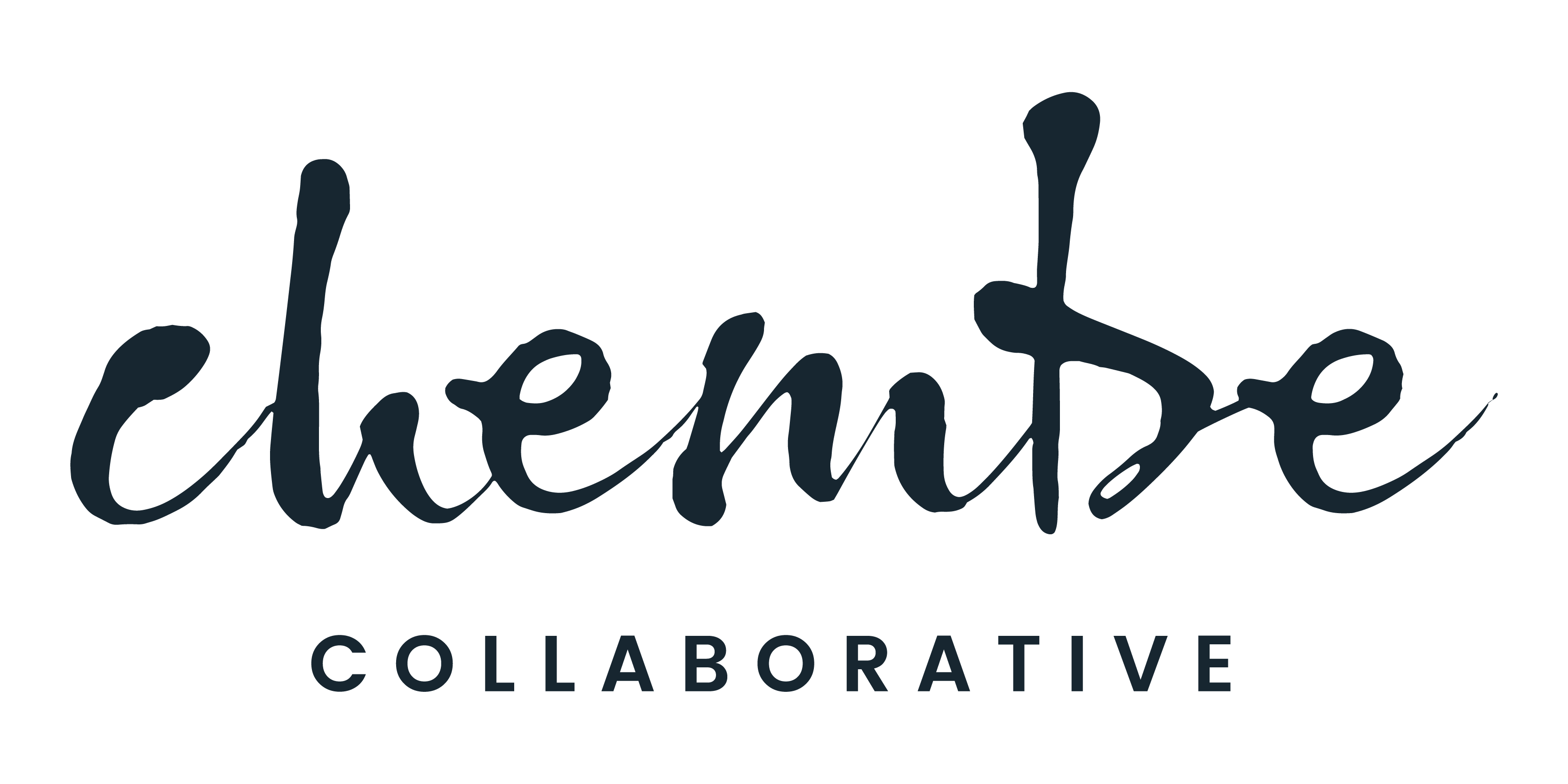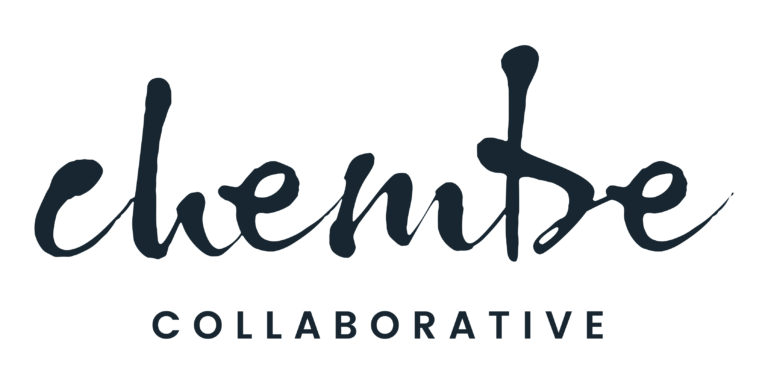Innovation Capacity Building to Embed and Advance Social Innovation in Public Health Institutions
Social Innovation in Health Initiative
client
TDR, Special Programme for Research and Training in Tropical Disease, co-sponsored by UNICEF, UNDP, World Bank and World Health Organization in partnership with: University of Malawi, Makerere University, the University of the Philippines, Centro Internacional de Entrenamiento e Investigaciones Medicas (CIDEIM) and the University of Cape Town.
Location
Burundi, Colombia, Ethiopia, India, Kenya, Malawi, Peru, Philippines, Rwanda, Switzerland, United Kingdom and Uganda
Languages
English
Years
2014 – 2020
Learn More
Overview
In 2014, social innovation was not a well-recognised concept within global health. In order to illustrate its potential, evidence was needed as well as pioneering organizations who could embed the research within their institutions. Not only was Chembe’s Dr Lindi van Niekerk a co-founder of the Social Innovation in Health Initiative, the Chembe team provided a range of strategy, research, marketing and innovation capacity building technical expertise to support this international network of partners and universities.
Services
As the initiative has evolved, different services were provided:
Research:
- Research protocol design – a multi-country case research protocol was developed to support two university research teams to identify and investigate 25 social innovation models in health, building the first evidence base for this work in low-and-middle income countries.
- Case study research and publications – case study research management was provided to research teams to conduct field work, analyze data and write up case research reports. In addition, a WHO publication on Social Innovation in Health was written and compiled.
Innovation capacity building:
- Initiative strategy development – supporting TDR, technical and strategic guidance was given to grow the initiative from a 3-partner network to a 7-partner network. This strategy included the development of the university based research hubs in Malawi, Uganda, the Philippines and Colombia.
- Social innovation training and coaching – in partnership with the London School of Hygiene and Tropical Medicine and the University of Cape Town, a short course training was developed for university research hub leaders and project managers. The training aimed to equip them with social innovation theory and application, as well as providing practical guidance on how to establish and grow their country-based hubs.
- Workshop development and facilitation – Events played a key role to advance the agenda on social innovation and mobilize new partner participation. Support was provided to design workshops in France and Malawi, and facilitation services were provided for a Malawi-based workshop.
Marketing:
- Website design and development: Chembe managed, updated and maintained the SIHI website. In addition, new sections on the website have also been added consisting of resources for new innovators and partners.
- Mini-documentary films:More than 30 short micro-documentary case films were produced on different social innovations in 12 countries. All projects were filmed on location, interviews conducted, and final production oversight given.
- Animation videos: Due to Covid-19 travel restrictions, animated videos that creatively include the voices of country actors.
- Report design – A 44-page overview report was created that documents the work of SIHI Malawi and showcases its achievements between 2017 – 2019. The report also featured selected social innovations in health across Malawi. A print and online version of the report was created.
- Other marketing collateral – Additional marketing materials were also created, these consisted of case posters, flyers, bookmarks, infographics, social media graphics and updates to existing reports.
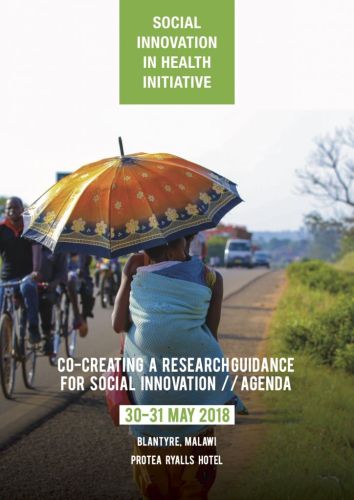

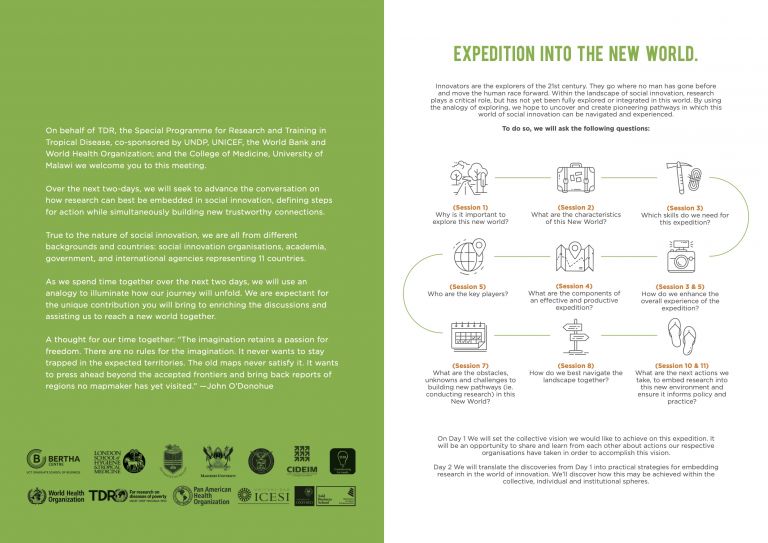





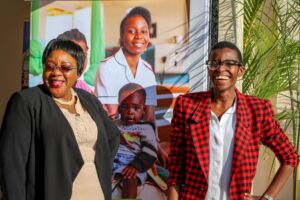

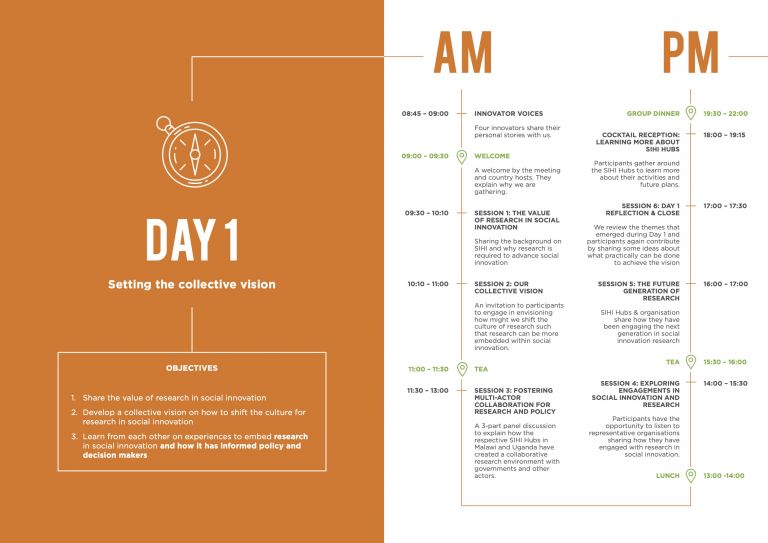

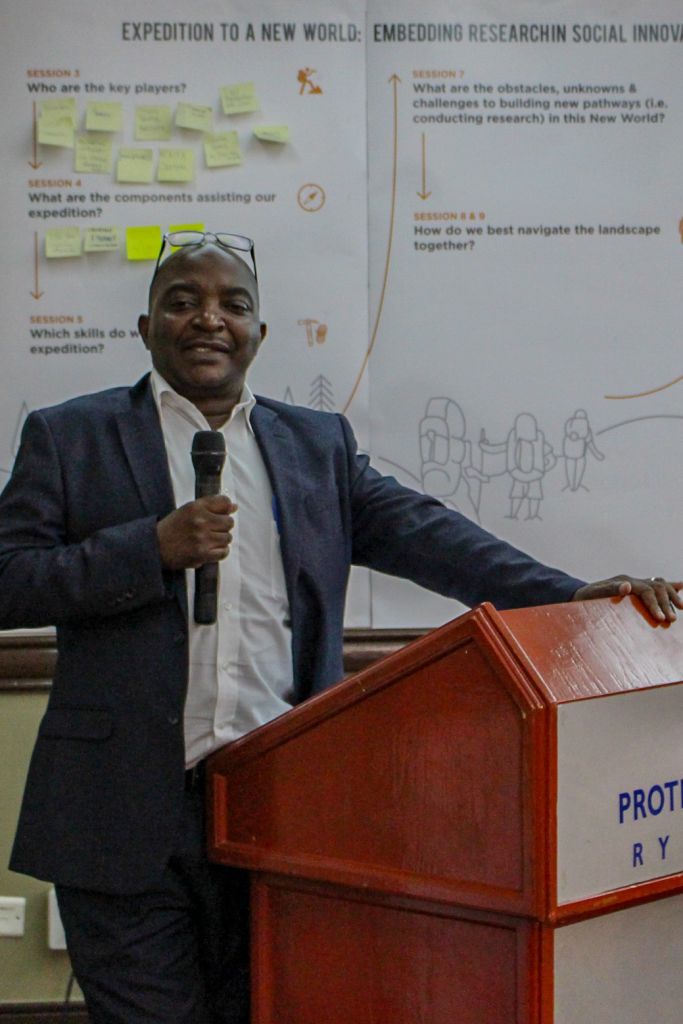

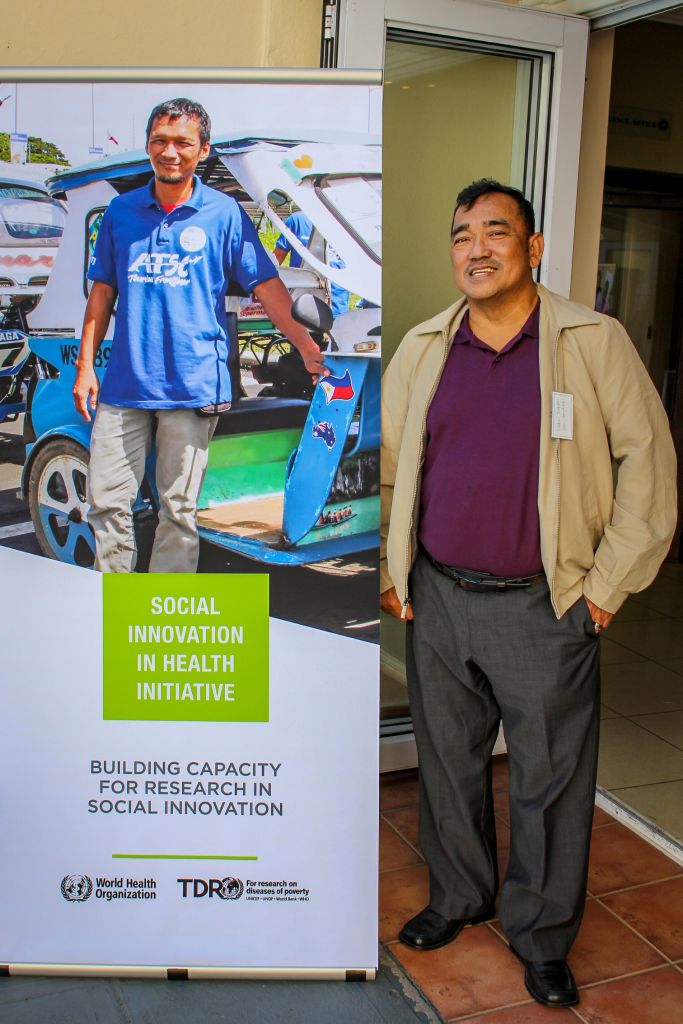



(Selected products done in collaboration with Because Stories, the University of Cape Town, the London School of Hygiene and Tropical Medicine









